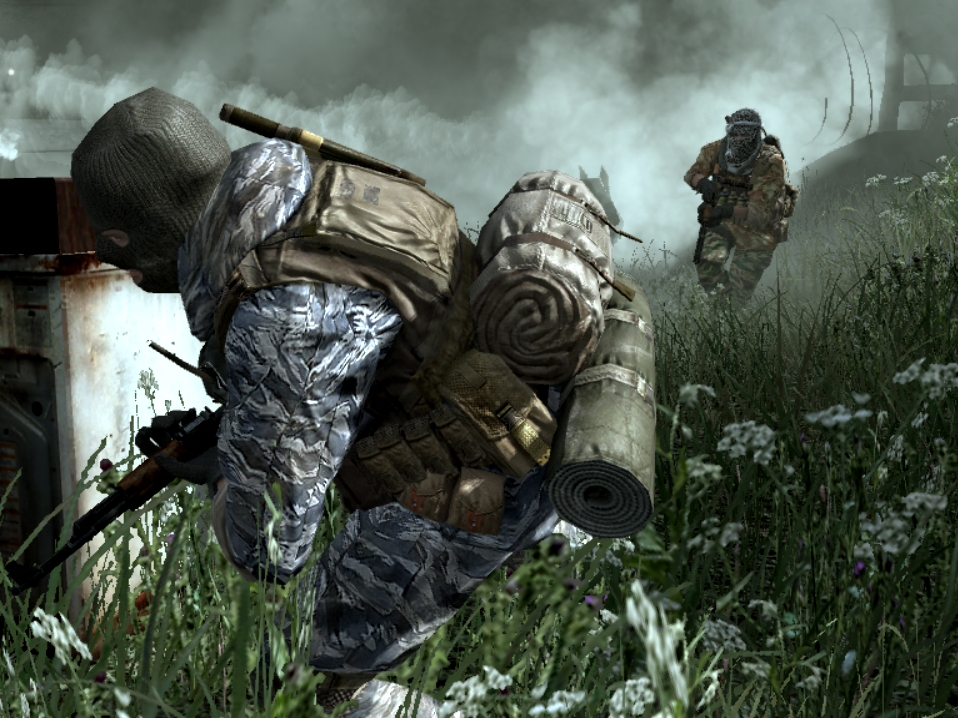US Army tests its WIN-T private Internet
Warfighter Information Network gives comms over 3000 square miles

You think you're addicted to up-to-the-minute Twitters, Facebook status updates and blog news feeds? Imagine how soldiers feel when those incoming data nuggets could save their lives.
Never being ones to shy away from throwing immense amounts of cash at a problem, the US Army has just successfully field tested its $10 billion (£6.7 billion) Warfighter Information Network - Tactical (WIN-T), giving on-the-move "Internet-like" broadband networking capabilities to soldiers of the Army's 4th Brigade.
WIN-T is planned to be a secure, high-speed, high-capacity mobile network that links everything from spy satellites and unmanned aerial vehicles (drones) to tactical operation centres and the humble grunt on the ground.
Online war games
It allows VOIP-style communications from wired or wireless devices, integrates mobile computers into a wider network to exchange data, encourages collaborative planning and allows sensor-to-shooter linkages. In its final form, soldiers on the ground will have direct access to the video footage from drones, even guiding their weapons down to a target.
The military exercises, which began ended on March 30, are the first time that actual soldiers used the WIN-T network across multiple geographic locations.
During the test, soldiers carried out realistic mission scenarios that tested WIN-T's ability to support continuous command, control, communications and intelligence functions used by warfighters and commanders during an operation.
Get daily insight, inspiration and deals in your inbox
Sign up for breaking news, reviews, opinion, top tech deals, and more.
Information as a weapon
"This is the largest and most complex user test for WIN-T and demonstrates just how critical a weapon the network is in the Army's arsenal because it is what soldiers will depend on to communicate on the battlefield," said WIN-T Project Manager Colonel William C. Hoppe.
Upon final approval by the Army's Evaluation Centre, fielding of the new equipment to the first unit will begin in late 2010.